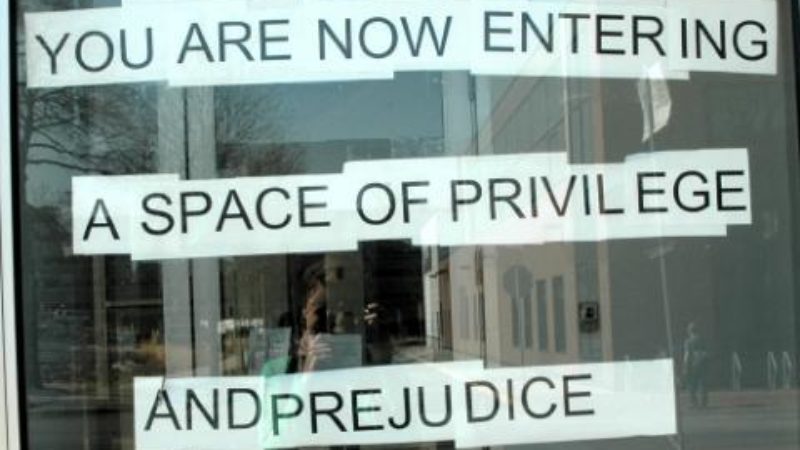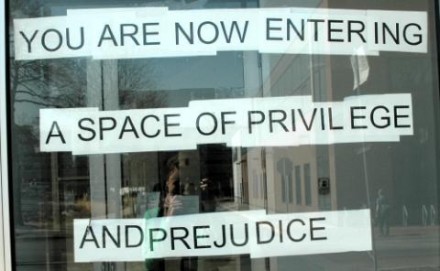
Yesterday an argument between Chris Bryant MP and mealy-mouthed popstar James Blunt bubbled away over at the Guardian. The subject of discussion? Privilege and whether it plays a role in the lack of diversity in the arts. You’d think by now we could all agree that the two are so clearly linked there’d be little to dispute but the letters traded between Bryant and Blunt proved otherwise.
This dispute began when Bryant called for more diversity in the arts. He cited Blunt and Eddie Redmayne (both of whom were privately educated) as evidence that this worlds tends to be dominated by a privileged few. Blunt then channelled his ‘artistic gift’ into penning a response to Bryant. If you take a moment to read the content of Blunt’s letter, you’ll quickly find I could spend the remaining 500 words of this column criticising what he’s written – but Blunt is so far up his ivory tower, there’s no point in trying to reason with his thinking.
Yet perhaps – underneath it all – James Blunt is inadvertently making a valuable point amid his self-interested diatribe. When trying to criticise a wider system, it doesn’t do any good to pin-point individuals and hold them up as examples. The issue at hand isn’t James Blunt: it’s institutionalised privilege.

The problem Bryant touched upon is that we live in world that sees white, middle and upper class men as the face of success.
The stats say it all. In terms of the art world, 22% of popstars were privately educated, compared with the national average of 7%. That’s not staggering (particularly when you think 75% of senior judges and 43% of newspaper columnists went to an independent school) but it is still a disproportionate amount. And although women tend to be well-represented in the music industry, in the wider arts world this isn’t always the case. An audit of more than 100 commercial galleries last year in London has found that only 5% represent an equal number of male and female artists.
The message in these figures is that privilege opens doors that makes it far easier to succeed in whatever your chosen profession happens to be.
However, there’s more to this problem than just class (and it’s worth noting at this point that class can’t just be boiled down to education) and gender. Research suggests in 2013, minority ethnic people made up just 6.7% of those in the ‘Music, Performing and Visual Arts Industries’. As Media Diversified, an organisation that promotes writers of colour, and Lenny Henry have highlighted, people of colour are significantly underrepresented in British media. Despite what Blunt would have us believe, the same problem exists across the Atlantic.
But let’s not kid ourselves into thinking this is just a problem for the arts world: privilege is institutionalised across society. Look to Parliament and you’ll see men outnumber women 4 to 1, 1/3 of MPs went to private school, only 4.1% identify as minority ethnic and there are possibly as few as 4 disabled MPs. Incidentally, it would do Miliband good to look at his own party; out of 8 people who make up the senior team running Labour’s campaign there are only 2 women and no people of colour. That’s hardly a team representative of society now, is it?
The Bryant/Blunt spat serves as an important reminder that privilege, in all of its forms, continues to open doors for the people who possess it. And this makes for an extremely unequal society. For those of you left unconvinced, consider this – even our arguments over privilege in Britain take place between white, privately-educated men…



More from LabourList
Andy Burnham manifesto: Greater Manchester mayor reveals three key election pledges in bid for third term
‘Labour should grasp the chance to secure EU visa deal for young workers’
‘How Labour could win a Milton Keynes majority for the first time in decades’